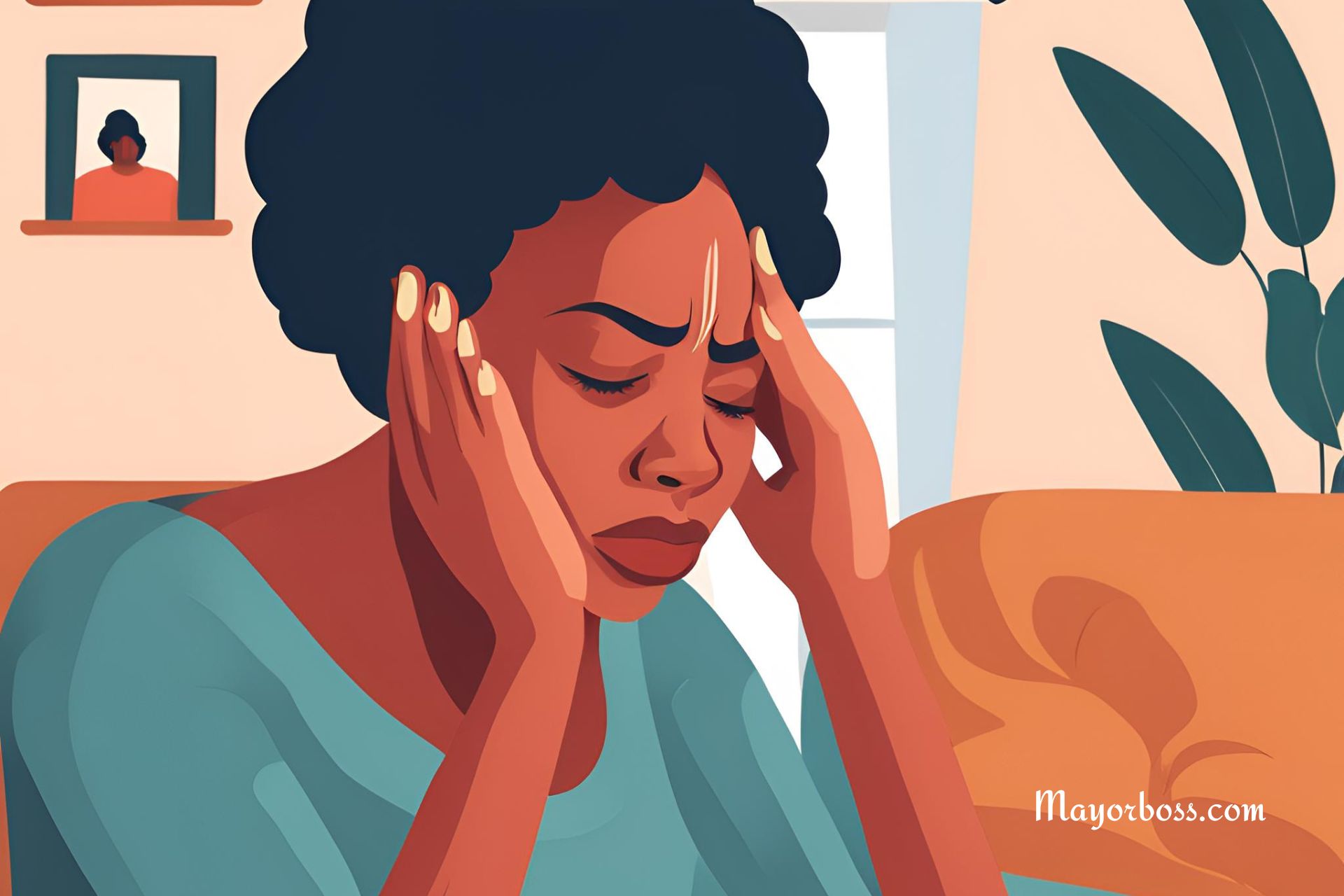10 Signs You Have Serious Anger Issues and Need to Chill Out

Anger is basically a natural emotion that everyone experiences from time to time. However, when anger starts controlling your actions or spills over into other aspects of your life, it might be time to take a step back and evaluate. So, how do you know if your anger has crossed the line? Here are ten signs that your anger may be more serious than you think and some steps to help you manage it better.
1. You Get Angry Quickly Over Small Issues
Do you find yourself getting extremely upset over things that others seem to shrug off? If minor inconveniences, like someone cutting you off in traffic or a spilled coffee, send you into a rage, this might be a sign that your anger is disproportionate to the situation.
2. Your Anger Lasts a Long Time
After the heat of the moment has passed, do you still hold onto your anger? If your anger lingers for days or even weeks, it’s a sign that you’re dealing with more than just temporary irritation.
3. You Often Feel Regret After an Outburst
Do you frequently regret things you’ve said or done in anger once you’ve cooled down? This regret can be a clear indicator that your reactions are stronger than intended and could be harming your relationships.
4. Others Are Hesitant to Speak Openly Around You
Have you noticed that people seem to tiptoe around you, afraid to bring up certain topics? If your family, friends, or coworkers are walking on eggshells, it’s likely because they’re concerned about your reactions.
5. You Feel the Need to Suppress Your Anger
Are you constantly trying to hold back your anger? Suppressing anger is not only unhealthy but also a sign that you’re aware of your excessive anger and trying to control it without addressing the underlying issues.
6. Your Anger Causes Physical Reactions
Does your anger manifest physically? Common signs include clenching your jaws or fists, feeling your heart race, or experiencing a headache. These physical symptoms show that your body is in a heightened state of stress due to anger.
7. You Use Aggressive Behaviors to Express Anger
Is your anger often expressed through shouting, throwing things, or becoming physically aggressive? These behaviors are serious signs that your anger is not under control.
8. Your Anger Affects Your Relationships
Has your anger caused problems in your relationships? If you find that your anger has led to frequent arguments, breakups, or estrangement from loved ones, it’s time to consider how your emotions are impacting those around you.
9. You Think About Revenge
Do you often think about getting back at people who have upset you? Dwelling on revenge can be a toxic and consuming aspect of anger that detracts from your ability to move forward and deal with situations constructively.
10. You Feel Angry Most of the Time
Do you feel like you’re angry more often than not? If anger has become your go-to emotion, replacing other feelings, it’s a significant sign that you need to work on managing your emotions.
11. People Say You Need to Chill Out
Has anyone ever told you to “chill out” or “calm down” because of your anger? While it might be easy to dismiss their comments, if this feedback is common, it’s worth taking seriously. Sometimes, others can see something you might not recognize in yourself.
How to Chill Out: Managing Your Anger
Managing anger isn’t about suppressing it but rather understanding it and finding healthier ways to cope. Techniques like deep breathing, meditation, and regular physical activity can help diffuse anger. Additionally, consider seeking help from a therapist who can provide tools and approaches to manage your emotions more effectively.
Frequently Asked Questions
What triggers anger issues? Anger issues can be triggered by past experiences, stress, family background, or certain personality traits. Comprehending your triggers can help you anticipate and manage your reactions.
Can anger issues be cured? While anger itself is a natural emotion, chronic anger can be managed effectively. With the right techniques and support, it is possible to gain better control over your reactions.
Is anger linked to other health problems? Yes, chronic anger can contribute to health problems such as high blood pressure, heart disease, and mental health disorders like depression and anxiety. Managing your anger can lead to better overall health.






